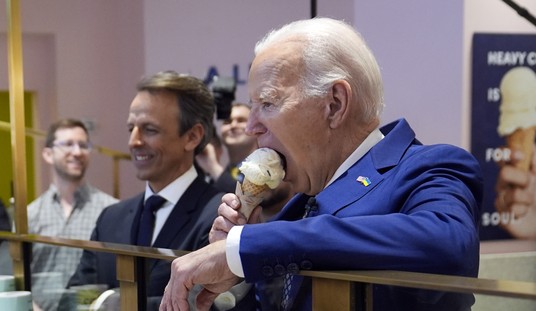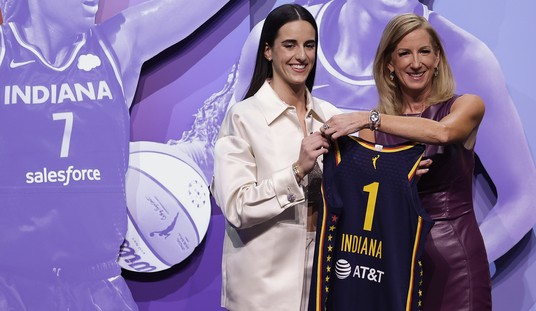Much of importance has been lost in the picayune minutiae of our daily political debate. Much that happens in modern American government is not the result of democratic decision. Instead things increasingly happen by bureaucratic ukase. Thus, which political party populates the Federal Bureaucracy becomes an issue that could decide just where our nation heads politically.
Recently the court case Fisher v. University of Texas received “cert” to be heard before the US Supreme Court. It represents the spearhead of yet another societal pushback against affirmative action policies that seem to be no more than heavy-handed methods of reverse discrimination. The case seeks to either overturn or carve out exceptions to the ruling handed down in Grutter v. Bollinger that offered a stop-gap preservation of affirmative action college admissions policies in 2003.
There are three divergent strains of opinion on the issue of affirmative action. Staunch opponents want it eliminated now. Professional supporters want it never to go away. People who don’t want to touch the issue with a ten foot pole have adopted the dodge of saying it should go away at some undisclosed time in the future when “acceptable progress” towards an analytically inscrutable standard has been achieved.
Eric Holder has openly stated the position of the permanent preservationist. In a speech at Columbia University, he offered his audience the following commentary. He opined that he
“can’t actually imagine a time in which the need for more diversity would ever cease. Affirmative action has been an issue since segregation practices,” he declared. “The question is not when does it end, but when does it begin. . . . When do people of color truly get the benefits to which they are entitled?”
Given that a person of color operates the Executive Branch of government, I’m not sure what Eric Holder could feel entitled to on behalf of his race short of an apotheosis serenaded by a chorus of hovering angels. What Holder gets at here is that large numbers of African-Americans lead difficult, frustrating lives. What he misses is that in most cases, these lives are not being made frustrating by anyone outside their communities.
There really are not many laws out there that are aimed primarily at keeping the black man down. Even the ostensibly racist legislation that still exists, such as The Bacon-Davis Act, has been retargeted to non-protected groups.
Asian-American teenagers applying to elite colleges and universities suffer a far worse discriminatory barrier from affirmative action policies than most other minority groups suffer despite these policies. Princeton Sociologist Thomas Espenshade collected the following statistics:
If all other credentials are equal, Asian-Americans need to score 140 points more than whites, 270 points higher than Hispanics, and 450 points above African-Americans out of a maximum 1600 on the math and reading SAT to have the same chance of admission to a private college,…
This statistical disparity in admissions requirements based on race as a variable has been corroborated by Duke University economist Peter Arcidiacono. He discovered the following about the Duke University enrollees in 2001 and 2002.
Asian-American students who enrolled at Duke University in Durham, North Carolina in 2001 and 2002 scored 1457 out of 1600 on the math and reading portion of the SAT, compared to 1416 for whites, 1347 for Hispanics and 1275 for blacks, according to a 2011 study co-authored by Duke economist Peter Arcidiacono.
Depite this obvious injustice, Supreme Court Justice Sandra Day O’Conner represented the branch of opinion that favors kicking this can down a long dusty highway, with some vague, apocryphal resolution in the distant future. In her opinion supporting the majority in Grutter v. Bollinger she wrote:
“We expect that 25 years from now, the use of racial preferences will no longer be necessary to further the interest approved today.”
Given the utter lack of any clear standard by which the affirmative action program could be shuttered, this statement could be interpreted as either weakness or epistemological friar-flogging. Nothing is less helpful to the end of preserving a logical and functional legal system than a judge that bends over backwards to be non-judgmental.
But of course, Sandra Day O’Connor is no longer on the Supreme Court. The Fisher Case will be heard in fall of 2012. The official decision will hit the streets in spring 2013. At that point, it will become the job of the Department of Justice to implement the results. At that point, politics takes precedence over judicial logic and reasoning.
If Eric Holder remains Attorney General, we can expect that decision to be implemented with all the fairness and good faith that went into Operation Fast and Furious and the investigation of The New Black Panthers Election Day antics. We will have a political Attorney General in 2013. It behooves us to make absolutely sure that that politician doesn’t belong to the current administration if we want the Department of Justice to be an accurate rather than an Orwellian moniker.













Join the conversation as a VIP Member